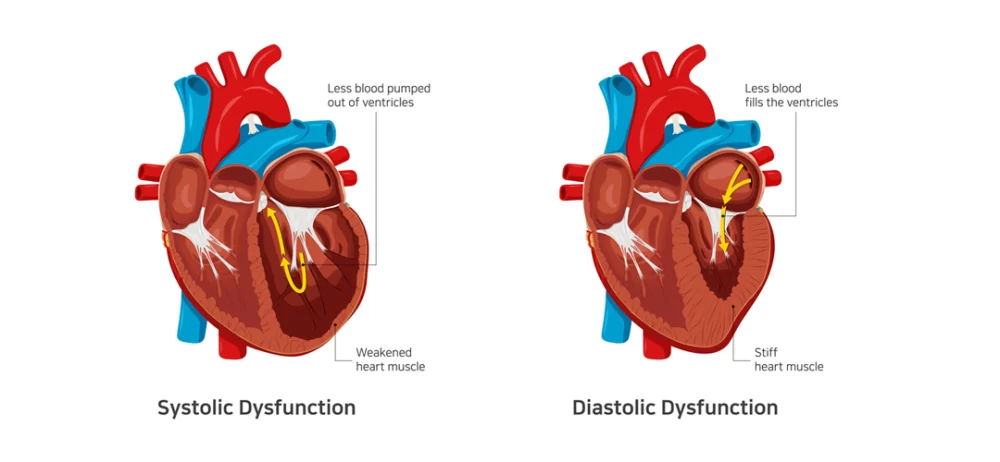Understanding Heart Failure: Symptoms and Diagnosis
- What is Heart Failure?
- Early Warning Signs of Heart Failure
- Progressive Symptoms of Heart Failure
- Causes and Risk Factors
- How is Heart Failure Diagnosed?
- When to Seek Medical Help
What is Heart Failure?
Heart failure occurs when the heart is unable to pump blood efficiently, leading to insufficient oxygen and nutrient delivery to the body. It can develop gradually (chronic heart failure) or suddenly (acute heart failure), requiring immediate medical attention.
While heart failure is a serious condition, early detection and proper management can improve quality of life and longevity.

Early Warning Signs of Heart Failure
1. Shortness of Breath (Dyspnea)
One of the earliest symptoms of heart failure is difficulty breathing, especially after physical exertion or when lying down. This occurs because fluid builds up in the lungs due to poor heart function.
Atlanta Heart Specialists
atlanta heart specialists
4375 Johns Creek Pkwy #350, Suwanee, GA 30024, USA

2. Persistent Fatigue and Weakness
Feeling constantly tired, even after resting, may indicate the heart is not effectively circulating oxygen-rich blood to muscles and organs.
3. Swelling in the Legs, Ankles, and Feet (Edema)
Fluid retention is a common sign of heart failure, causing swelling in the lower extremities. This occurs due to reduced kidney function and poor circulation.
Progressive Symptoms of Heart Failure
1. Rapid or Irregular Heartbeat
A failing heart may beat faster or irregularly as it tries to compensate for its reduced pumping ability.
2. Persistent Cough or Wheezing
Fluid buildup in the lungs can cause a chronic cough, often producing white or pink-tinged mucus.
3. Increased Nighttime Urination
Heart failure can lead to fluid accumulation during the day, which the body attempts to eliminate at night, resulting in frequent urination.
Causes and Risk Factors
Several conditions can lead to heart failure, including:
- High blood pressure (hypertension)
- Coronary artery disease
- Diabetes
- Obesity
- Chronic kidney disease
- Smoking and excessive alcohol use
How is Heart Failure Diagnosed?
Doctors use a combination of physical exams, medical history, and diagnostic tests to confirm heart failure. Common tests include:
1. Echocardiogram
This ultrasound test measures the heart's pumping ability and detects structural abnormalities.
2. Electrocardiogram (ECG)
An ECG records the heart’s electrical activity, helping to identify irregular heartbeats and previous heart attacks.
3. Blood Tests
Blood tests can check for markers like brain natriuretic peptide (BNP), which increases in heart failure.
4. Chest X-ray
This imaging test helps detect fluid buildup in the lungs and an enlarged heart.
When to Seek Medical Help
If you experience persistent shortness of breath, severe swelling, fainting, or chest pain, seek medical attention immediately. Early intervention can significantly improve outcomes and prevent complications.
Take Action for a Healthier Heart
Recognizing the symptoms of heart failure early is crucial for effective management. If you or a loved one are at risk, consult a healthcare provider for proper evaluation and treatment.






















Deborah Heart and Lung Center
deborah heart and lung center
200 Trenton Rd, Browns Mills, NJ 08015, USA